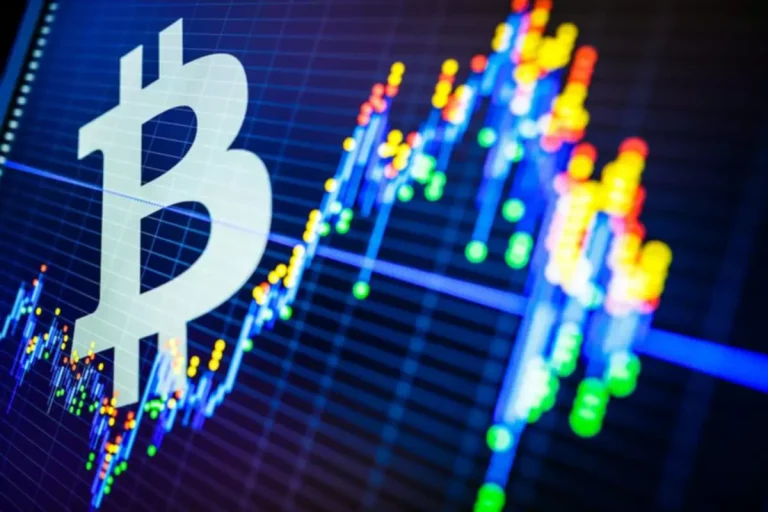They allow you to add commodity market exposure to your portfolio with out immediately proudly owning the physical commodities. Gold ETFs are devices that are based on gold prices or spend money on gold bullion. When the gold worth etp vs etf strikes up, the worth of the exchange-traded fund also rises and when the gold price goes down, the ETF loses its value. In India, many Gold ETF Funds are managed by SBI, ICICI, Axis, Reliance ETF Gold BeES, and so on. among different ETFs. The worth of an ETF goes up and down based mostly on its precise worth and the way many individuals need to buy or sell its items. ETF investing goals to replicate or monitor its benchmark index with minimal deviance, focusing on providing an investor with an in depth return to an underlying index or asset efficiency.
Types Of Mutual Funds In India: From Equities To Debt

This account will hold your ETF shares electronically and enable you to execute trades on stock exchanges. Selecting one of the best ETF in India isn’t a one-size-fits-all method. The optimum choice is determined by your funding goals and threat tolerance. Consider factors such as monitoring error, expense ratio, liquidity, and historic efficiency, earlier than choosing an ETF in your portfolio. Being passively managed, ETFs have very low expense ratios in comparison with other mutual funds.
What Is An Etf Change Traded Fund
- Leveraged ETPs goal to outperform the index or benchmark they monitor by an element of ten.
- Looking for this symbol, you probably can identify the ETF and discover the current price.
- ETFs can sometimes be offered anytime during market hours, offering liquidity and flexibility to investors.
- The primary distinction between ETFs and other kinds of index funds is that ETFs do not try to outperform their corresponding index, however merely replicate the performance of the Index.
ETFs observe the appropriate index and duplicate its returns, whereas mutual funds try to produce alpha by beating a market benchmark. To put cash into ETFs, you will need a stock dealer’s Demat and buying and selling account. Unlike mutual funds, where you ought to buy or sell items without charge, ETFs are traded on inventory exchanges, which suggests you’ll incur brokerage commissions and bid-ask spreads.
What Is The Difference Between An Etf And An Etc?
These are ETFs that spend cash on government or company bonds, which work as a source of fixed revenue for an investor. Ltd. can modify or alter the terms and circumstances of the usage of this service without any liability. It reserves the right to decide the criteria based on which customers would be allowed to avail of these companies.
Are Actual Estate Exchange-traded Contracts Traded In India?
This means that you can buy or promote them almost immediately during market hours, just like shares. This liquidity, mixed with the diversification of an funding fund, makes ETFs a popular choice among investors. Mutual funds are bought or bought at the finish of the trading day at the internet asset worth (NAV) worth.
What Is The That Means Of An Etf (exchange Traded Funds)?
However, you can trade the F&O distinction in a number of asset lessons. So, in India, there are stock derivatives, index derivatives, commodity derivatives, and forex derivatives. The first step to purchasing ETFs is to open a Demat account with a registered dealer.

An example of an ETF in India is Nifty BeES (Exchange Traded Fund). It tracks the Nifty 50 index, which means it holds the identical 50 massive Indian firms because the Nifty. By investing in Nifty BeES, you get publicity to these leading firms and the Indian inventory market’s performance. ETFs can usually be bought anytime throughout market hours, offering liquidity and adaptability to buyers. To make knowledgeable investment selections, investors ought to be conscious of the tax remedy of ETFs.

Thereby, plentiful ETF varieties cater to particular strategy wants, suiting risk appetites when aligned judiciously to financial planning. This permits for real-time pricing and greater flexibility in trading, including the power to position numerous types of orders, like restrict orders and cease orders. The most typical ETFs in India observe indexes just like the Nifty 50, Sensex, Nifty Bank, gold costs, and government securities. There are additionally sector and thematic ETFs out there like banking, IT, pharma, and so forth. ETFs disclose periodic holdings, which helps investors get an thought of the constitution and make an knowledgeable decision. These are inversely linked ETFs that attempt to offer returns opposite the benchmark’s.
People don’t have to fret much about conducting thorough research on specific sectors or industries. Furthermore, as a result of low operational bills, these property are well-suited for long-term investments. Index ETFs are designed to copy the efficiency of a selected market index, such as the Nifty 50, Sensex. Investors who believe in the overall performance of the market can invest in these ETFs with out the want to select particular person stocks.
In a nutshell, ETFs can be a worthy addition to your financial portfolio. These ETFs present exposure to the fixed-income market by investing in bonds. They offer a handy means for investors to add bonds to their portfolios with out shopping for particular person bonds. These ETFs focus on particular sectors of the economic system similar to know-how, healthcare, and monetary services, among others.
Tracking error shows how carefully the ETF matches its index; a smaller error is most popular. Liquidity means how easily you should buy or promote the ETF, so greater trading volumes are good for clean trades. These ETFs replicate inventory market indexes like the Nifty 50 or Sensex and provides an investor access to the broader market. It signifies that the ETF holds a portfolio of shares that intently matches the composition and efficiency of the index. Exit Load varies for different schemes and is generally charged as a share. The Exit load usually varies from 0.25% to 1.5% of the redemption worth.

The investment goals specify the category of securities a Mutual Fund can invest in. Mutual Funds invest in varied asset courses like equity, bonds, debentures, commercial paper and government securities. Because maintenance charges are typically lower than index funds or lively mutual funds, exchange-traded merchandise are a transparent and cost-effective method to acquire publicity to an asset class. For instance, an investor can use ETFs to position a buy order or sell order with a broker at a certain value.

Another essential factor you must consider is the fund’s expense ratio. It is the share that signifies the quantity that you must pay to the AMC for managing your funds. ETFs are passively managed funds; hence they have a lower expense ratio. But, while deciding on between two schemes, you must also consider the expense ratio of funds. Generally, it is advised to decide out a fund with a low expense ratio. Finally, after deciding on the ETF, you must pay for your funding.
Read more about https://www.xcritical.in/ here.






